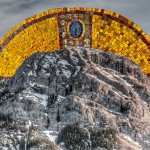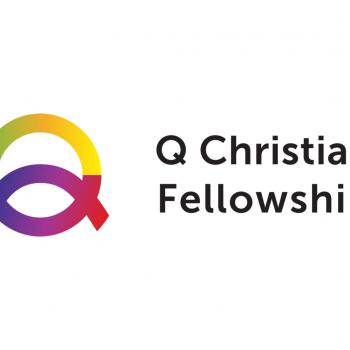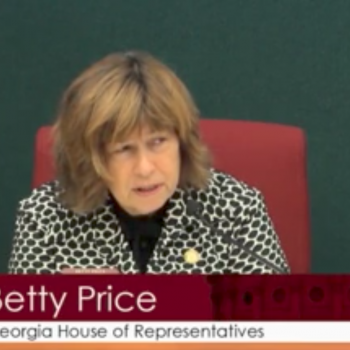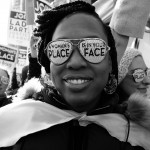If the memes this December are any indication, 2016 has been a terrible, horrible, no good, very bad year. Everyone, it seems, is done with it. Over it. People just want this year to end. Some are upset by first-world problems, like the passing of beloved celebrities. Some are concerned about more serious matters, like the political future of America. And yet others are heartbroken and outraged by the carnage we have seen in places like Aleppo. We count ourselves among the latter. But that said, at a personal level, this has been a wonderful year for us. How do we celebrate one of the most beautiful years of our lives, while recognizing the devastation it brought to so many others?
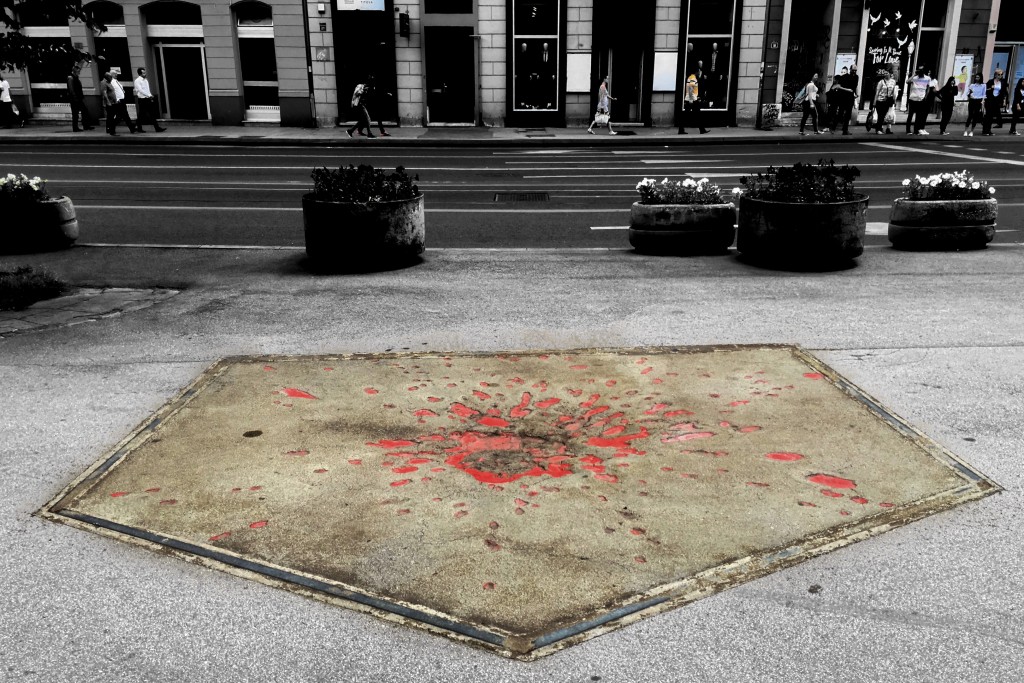
We rang in the new year having been engaged for just two months. The first week of January was the first week of wedding planning. Our engagement was short, but it was a meaningful season during which we grew increasingly closer. The weeks of premarital counseling we received from our pastor brought growth, and the development of a friendship with him. We got married in May, and our small wedding was everything we could have hoped for. We then went on a three-week honeymoon to countries we’d both always wanted to visit. The rest of the year saw us getting settled into the rhythm of married life—sharing a home for the first time, developing new friendships, and going deeper in the relationships that have grown from our church community. Even our relationships with our families have become closer and more authentic.
Our year in review, then, is overwhelmingly positive. But the same year that has brought us unprecedented joy has left tens of thousands of Syrians with unimaginable grief. Even as we celebrate our union and the life we’re building together, we’re reminded of those who started the year with a spouse and a family, only to lose it all to war. It is sobering to think that the beauty we’ve seen coexists with such darkness. It is hard to accept that the world can contain both at the same time. It is difficult to understand how God can be present in all of this. And yet He is.
Earlier this year we had the opportunity to spend a few days in Sarajevo, the capital of Bosnia and Herzegovina. It wasn’t as long as we would have liked, but the city left a deep impact on us. Two decades after the Bosnian War left the city in ruins, the devastation is still staggeringly visible. Everywhere you go you see bombed-out buildings, walls peppered with bullet holes, and streets damaged by mortar explosions. Downtown there’s a monument to the children killed during the war. Engraved metal cylinders list the names of more than 1,500 children, all of whom would have been about our age had they survived. We met a man—exactly Constantino’s age—who was 12 when the war started. He told us that he used to walk several kilometers each day to find water, even as the city was being shelled from the surrounding mountains. And yet he was, like everyone we met in Sarajevo, a cheerful, optimistic, friendly soul.
One afternoon we visited a museum exhibit memorializing the Srebrenica massacre. It included videos of survivors telling their stories. Their tales and tears broke our hearts. The amount of pain we humans inflict on each other is hard to comprehend. That evening we had dinner at a restaurant that was a veritable garden, tucked inside a pockmarked building, off a small, dark street. The indoor beauty of this restaurant was a sharp contrast to the dreariness outside. Sitting there, we got into a heated argument over some wartime art we’d seen earlier. We were both laughing incredulously as we argued—amazed that the other could be so deeply wrong about, well, everything we were talking about. And then it dawned on us that it was the first time we’d laughed since the museum. Looking at the tables around us, at the smiles of the other patrons, and at the care that went into making that space feel like a haven, we understood that even in the midst of misery, humans can craft room for grace. We believe it’s in that love, in those moments—however fleeting—of respite that God shows up.
There is no silver lining to the siege and destruction of Sarajevo, and there will be none to the atrocities taking place now in Aleppo. The world cannot be let off the hook for turning a blind eye then, and we should be ashamed for what is happening now. None of this is according to God’s will, and it is not part of His plan. The God of the Bible teaches us that His plan is to renew, transform, and heal the world. It is we, and we alone, who derail His plans and break His heart. Yet He never abandons us. Thanks to Him, no matter how bad things get, good people still find hidden gardens in which to create art, comfort each other, and hopefully smile a little.
We will not let tragedy rob us of the joy of our year, just as we will not let our celebration distract us from the pain and grief of others. This has been a very bad year. And it has been a beautiful year. The truth of both statements exists in tension—and it is the tension of good and bad, joy and grief, that holds up the story of humankind.
Like our Facebook page and follow us on Twitter for more.
Photo taken by Constantino Khalaf in Sarajevo in June 2016.


